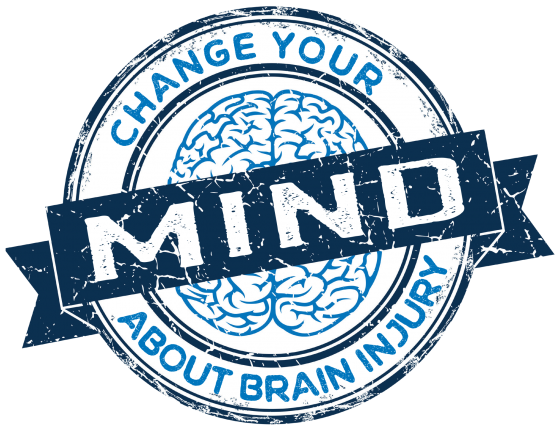March is Brain Injury Awareness Month in the United States. According to the Brain Injury Association of America (BIAA), at least 5.3 million Americans live with a disability related to a traumatic brain injury (TBI) and with 280,000 attributable hospitalizations and 2.2 million emergency room treatments, the economic cost exceeds $82 billion annually. Furthermore, a staggering 137 people die in the U.S. daily because of TBI-related injuries.
Workers in the construction industry experience a large number of occupational brain injuries, with falls being a major driver. Though the direct link between falls and brain injuries is highly suggestive, data from the Bureau of Labor Statistics (BLS) indicates that fatalities caused by preventable falls from elevation continue to be a leading cause of death for construction employees, accounting for 366 of the 971 construction fatalities recorded in 2017.
According to the BIAA, falls are the leading driver of TBI-related injuries (40.
5%), followed by being struck by or against an object (15.5%) and motor vehicle accidents (14.3%).
But there are preventative steps that employers and workers can take to reduce the risk of brain injuries, and BIAA is spreading the word in advance of Brain Injury Awareness Day on March 13 with its Change Your Mind campaign.
“Any employee may slip and fall in the workplace, or something may fall from a shelf and strike an office employee,” Susan H. Connors, BIAA president and CEO told Risk Management Monitor. “Employers should take precautions such as ensuring adequate lighting, moving heavy items to bottom shelves, maintaining handrails in stairs, taping down rugs, even/dry flooring, and making sure steps are brightly marked.”
The day will be marked on Capitol Hill, where a Congressional Brain Injury Task Force will meet to coordinate and support federal resources, grow the force and bolster research. Connors said that as in years past, there will be an awareness fair, congressional briefing, and reception, but employers who cannot attend can still take part by:
- Contacting their Congressional representative to join the task force.
- Plan to host an event in March to increase awareness and understanding about brain injury, to remember someone lost to brain injury, or even to celebrate a loved one’s recovery.
- Download the #ChangeYourMind collateral and distribute among your organization and use the stamp to raise awareness, advocacy, or funds for a brain injury-related cause.
“Identifying, implementing, and enforcing safety or risk management protocol is essential and effective regardless of the industry,” Connors said. “The programs in place likely vary based on the position, but common trends may be requiring safety harnesses, protective wear, regular breaks, and/or safety audits or assessments by more than one (or even two) employees on infrastructure.”
Brain injuries are often causes of depression and even suicidal tendencies, which is why Connors said the BIAA actively works to act as a resource for victims.
“The most dangerous and prone cases are those with a mild brain injury, like concussions, who do not receive treatment and/or do not understand why they are feeling depressed and alone,” Connors said. “Suicidal behavior is enhanced by the presence of depression, impulsivity, hopelessness and chronic pain in the face of TBI.
Providing a more compassionate and user-friendly service delivery model of care to ensure timely care and individualized treatment reduces needless frustration and risk.”
Connors added that BIAA’s National Brain Injury Information Center (NBIIC) is also a resource staffed by brain injury specialists, and the Suicide Prevention hotline is available around the clock for people having thoughts of hurting themselves.
Information on Brain Injury Awareness Month, including educational material and downloadable collateral, is available at www.biausa.org/ChangeYourMind.
